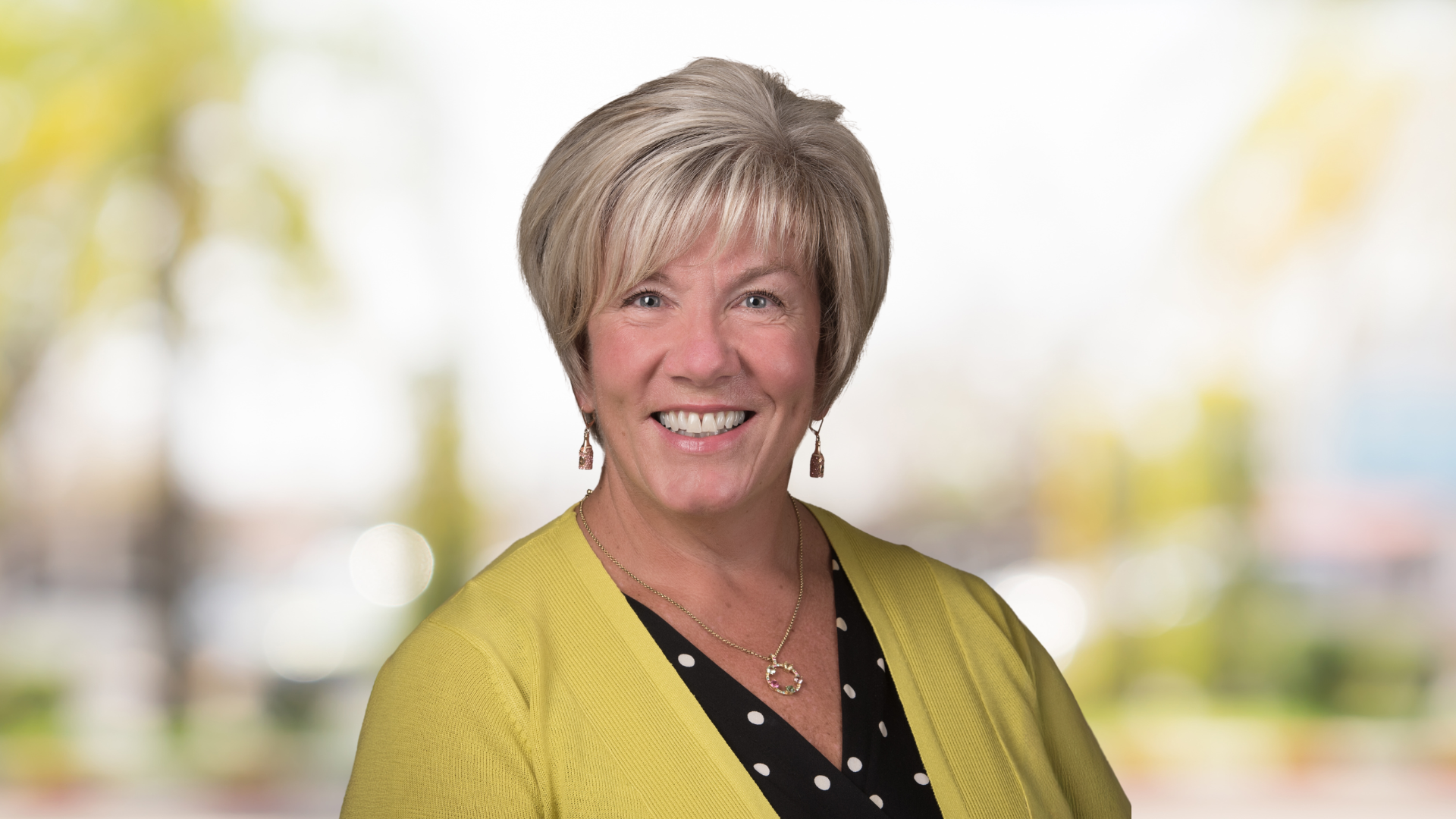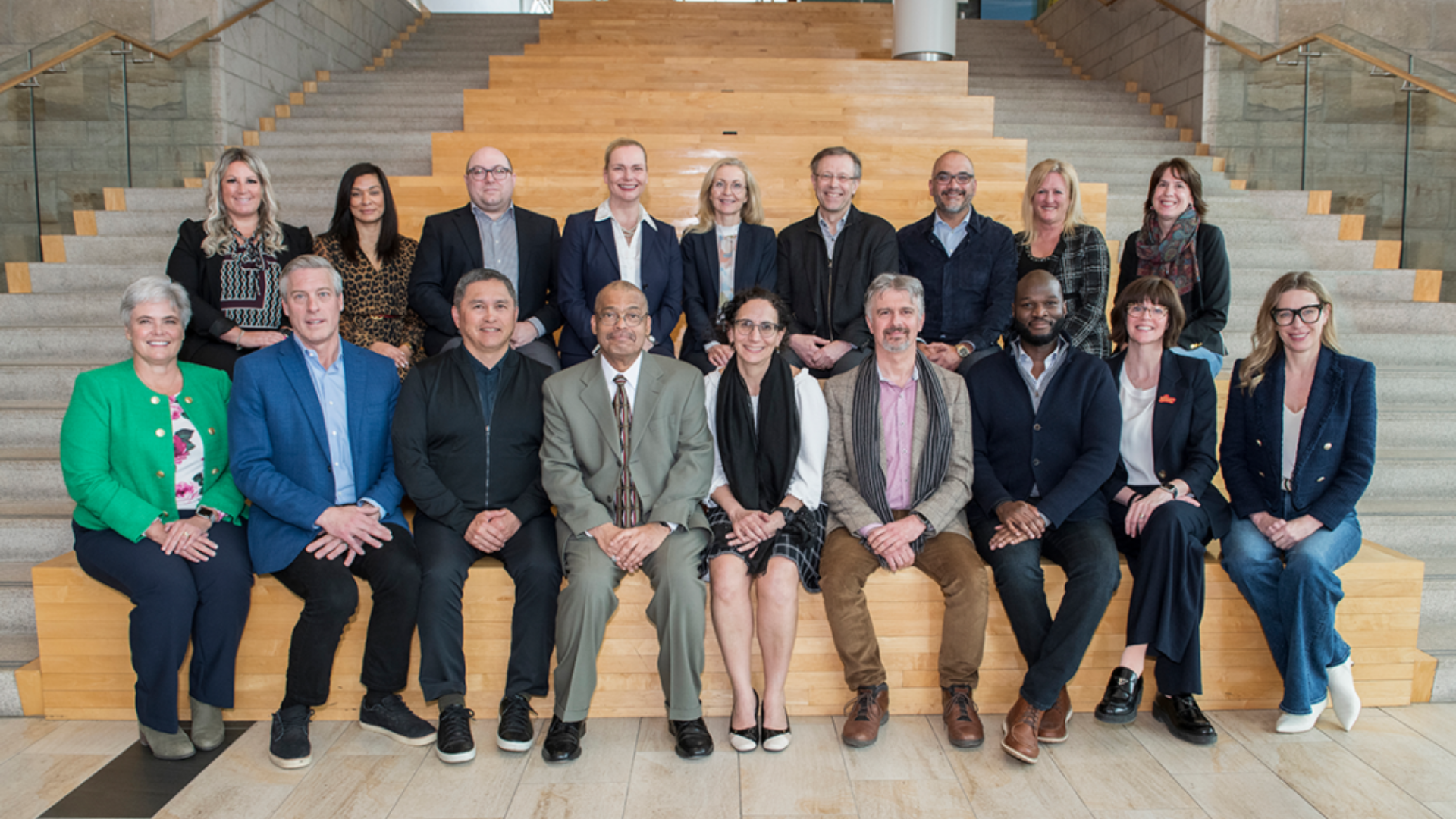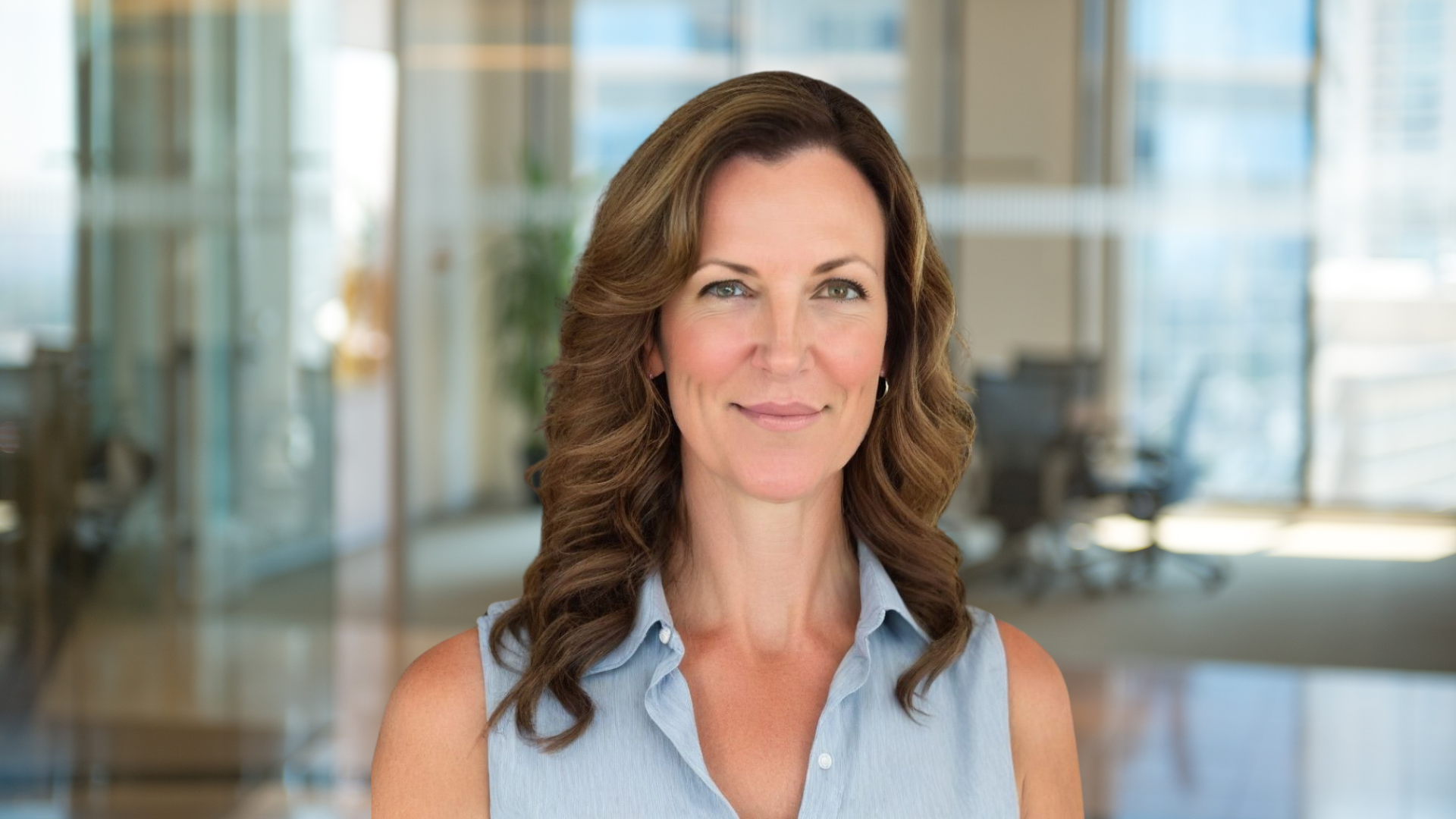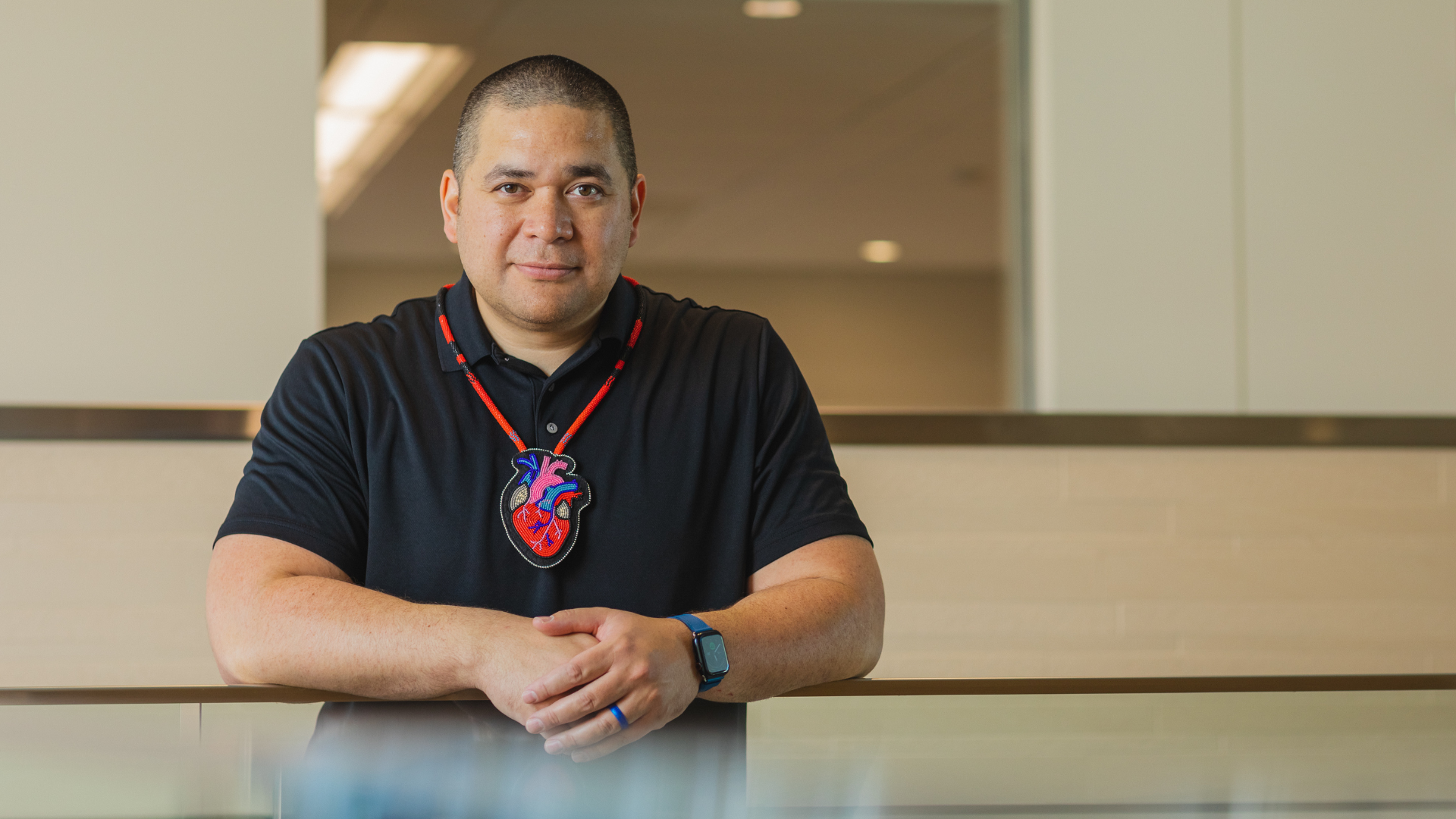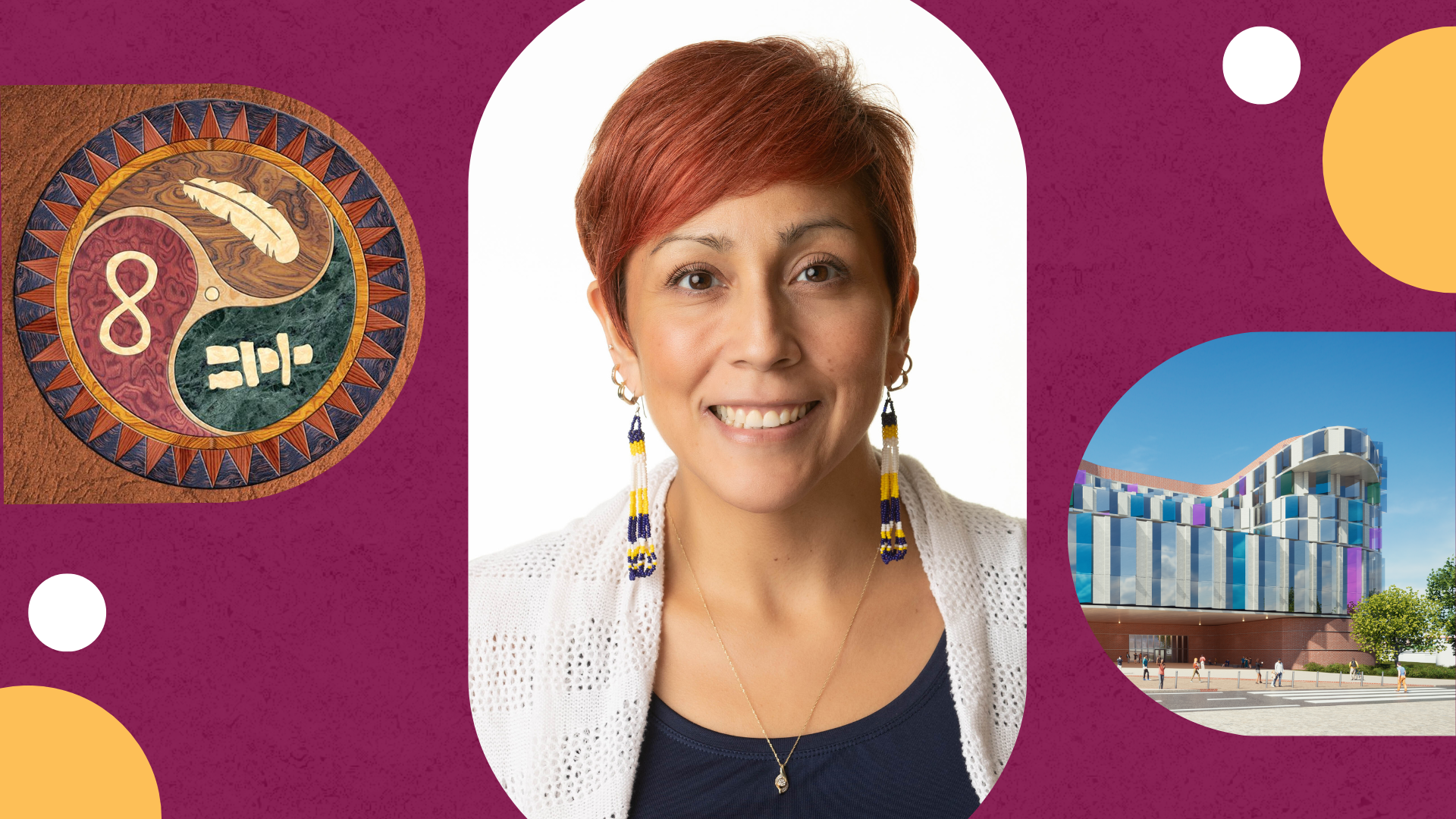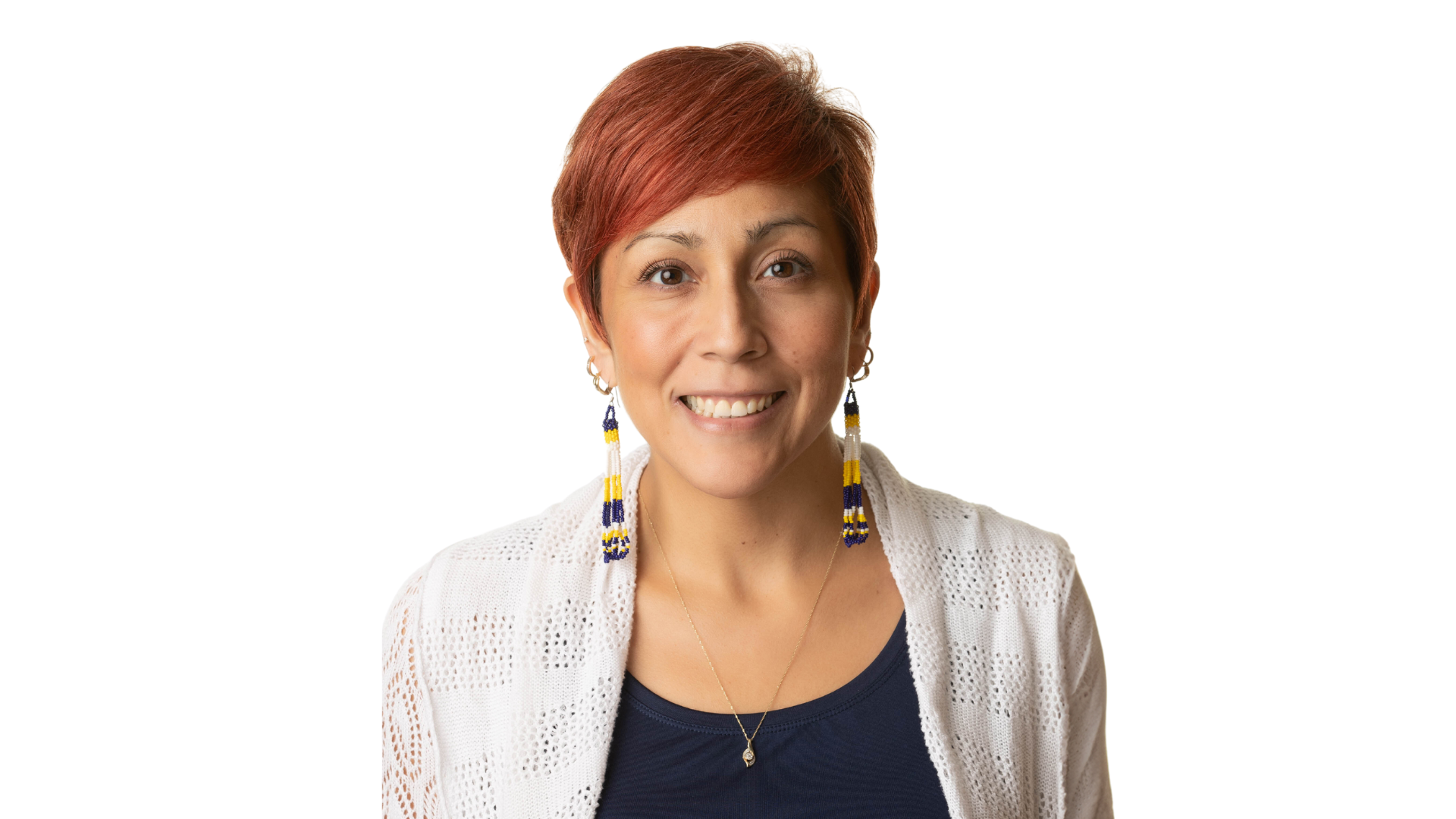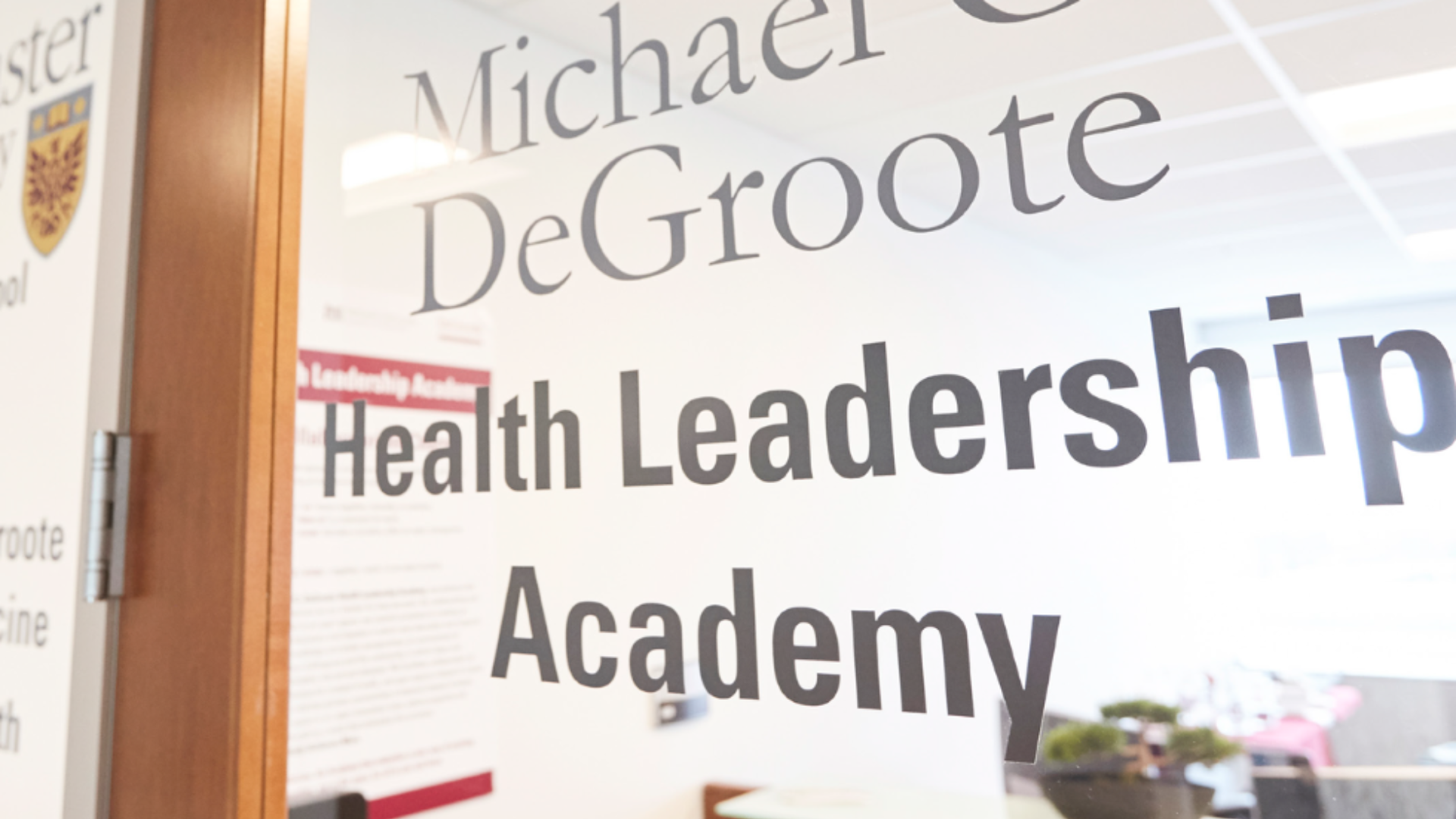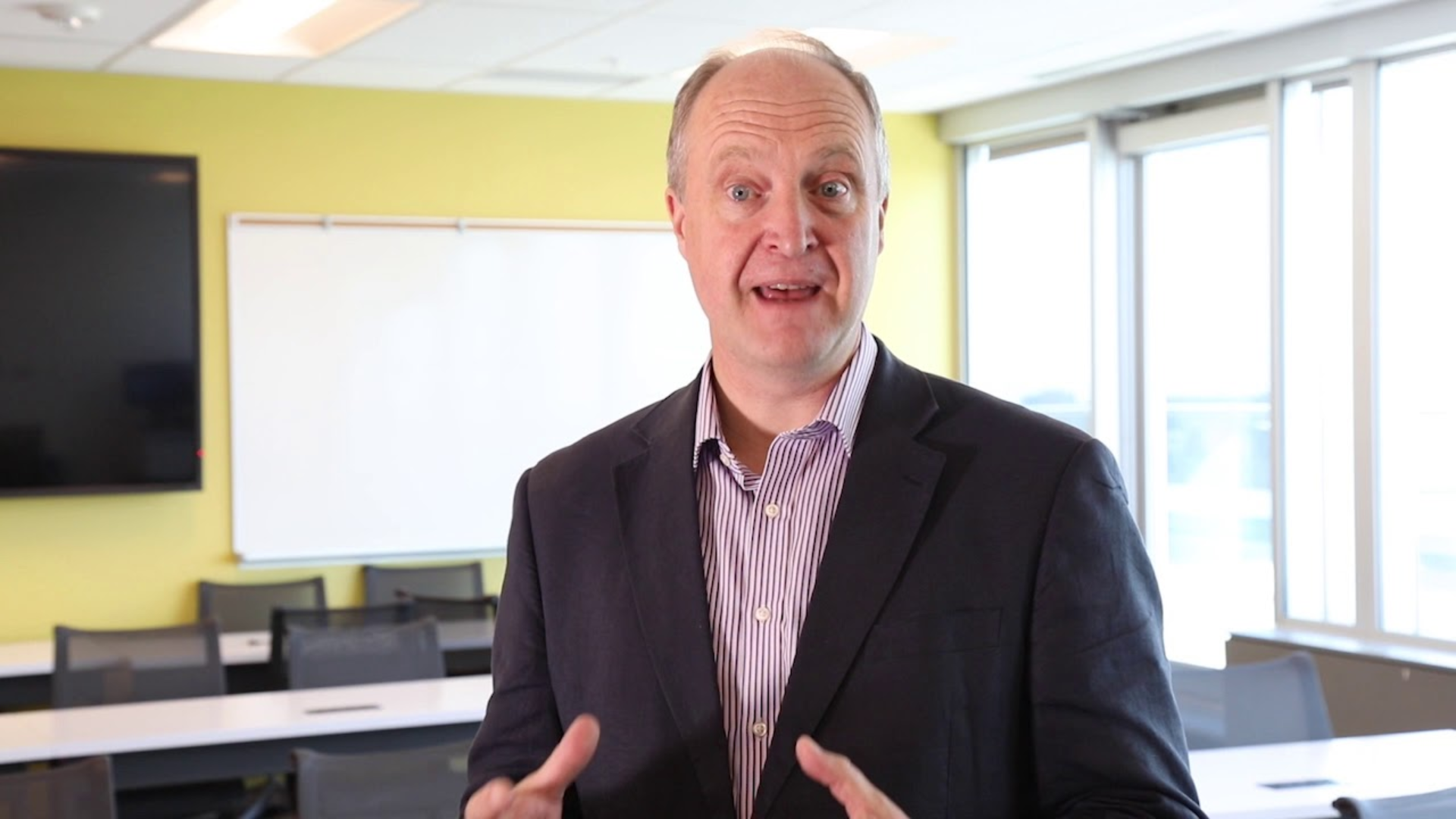Creating an innovative future with equitable healthcare solutions: Insights from Dr. Monty Ghosh
December 5, 2024 ·
Contributed by: Natalie Plechinger, Communications Assistant
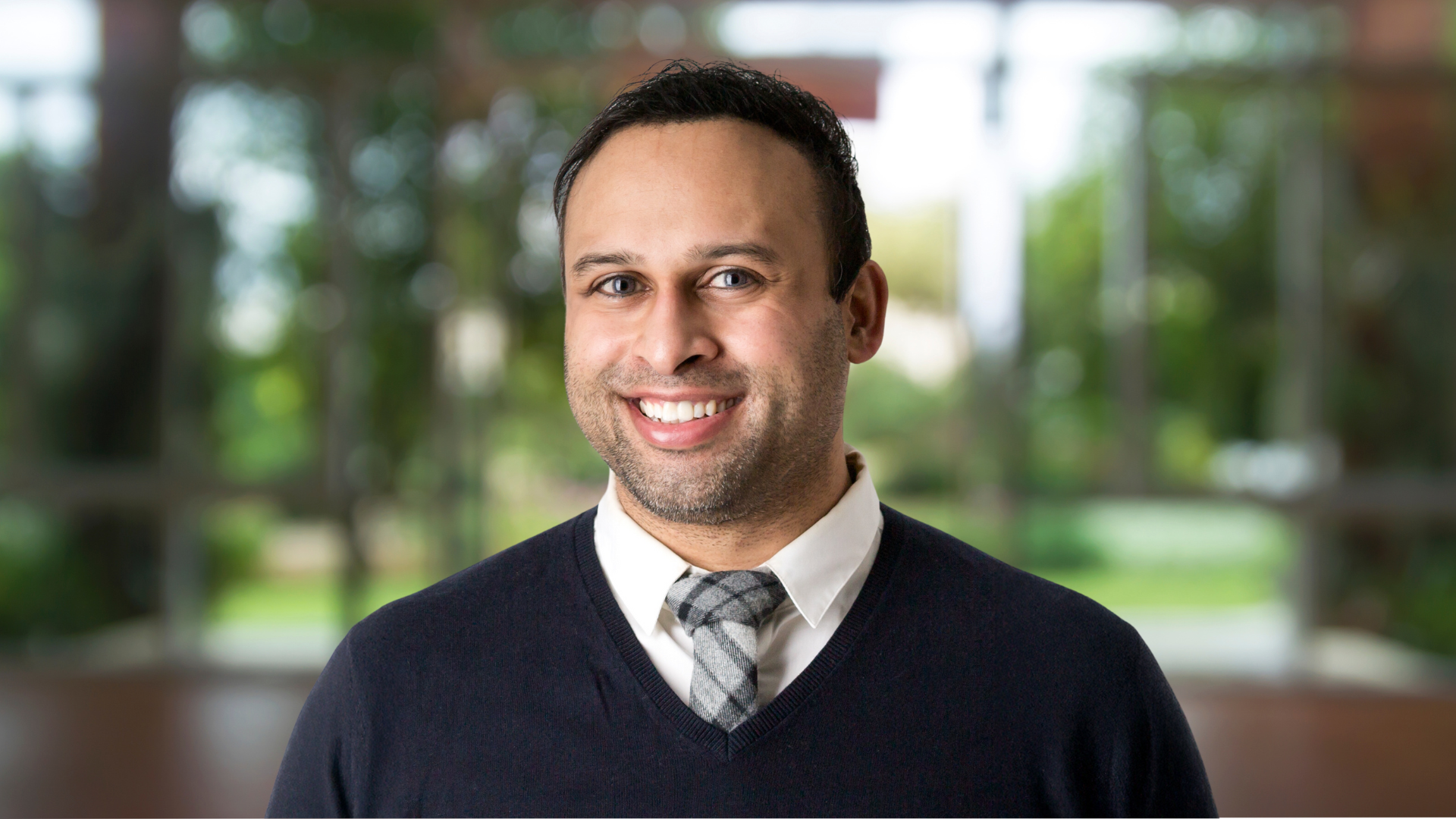
Dr. Monty Ghosh is an internist, disaster medicine and addiction specialist who works at the University of Alberta Hospital in Edmonton and the Foothills and Rocky View Hospitals in Calgary. He works with multiple not-for-profit organizations to provide support for marginalized populations. Monty’s work supports individuals experiencing homelessness, dealing with substance abuse issues and mental health concerns, and members of the correctional system.
As part of the second cohort of the Health Leadership Academy National Health Fellows program, we met with Monty to discuss his perspectives on the future of healthcare, generating solutions through collaboration with the National Health Fellows, as well as insights gained from the cohort’s trip to Palo Alto, California.
What are the disruptive forces happening in healthcare that we need to prepare for?
The things that are pressing right now in our healthcare system in Canada, especially in Alberta, is a lack of healthcare. Our population has blossomed quite a bit, more than what we were expected to be at, and there is not enough healthcare to go around, especially primary care.
In Alberta, we have a huge focus on acute care, but there needs to be more focus on primary care, and this is where innovation must happen.
We need to be creative in our thinking in terms of providing support for individuals. We know that the main way to keep costs down in our healthcare system is by focusing on primary care – being more preventative and proactive.
During the second module, we talked about the advancement of AI. I come from a generation where this did not exist; we did not know how useful it could be and how it is a tool that all of us need to put into our toolbox. It needs to be a focus, and there must be training around it. It is an important disruptive force that could be used to help society.
How can technology help healthcare providers bring better and more coordinated care to all patients?
Technology can be very helpful; it can be one of the equalizers in medicine, but it can also increase disparities. I work with many lower income individuals who cannot take time off work to attend their medical appointments. Technology, especially virtual platforms, allows them to access care in a way that is much more equitable than before.
Now there are advancements with smartwatches and phones that record our heart rates and steps. It allows us to personalize our own healthcare needs and tailor our self-assessments, which is incredibly important because we want to empower people to manage their own health.
On the flip side, technology can increase disparities. For example, a good portion of the population that I work with are people experiencing homelessness, and they do not have access to technology. It is incredibly important that we try to make innovation as equitable as possible.
Why do you think it is important to understand what is happening to advancements in healthcare technology in California, and how does it relate to what the cohort is trying to accomplish?
California opened my eyes in terms of what technologically is possible and how far advanced they are. The one thing that I noticed when we were walking down the Tenderloin area (a neighborhood in downtown San Francisco with high levels of homelessness and crime), was the huge disparity between what was going on in Mountain View, Palo Alto and Silicon Valley, and what is happening in the downtown core of San Francisco.
We walked around the Tenderloin, and we saw a small booth, and they were swabbing people for COVID. They were purely swabbing people for epidemiological purposes. I asked them if they are planning to get a vaccine out, and if there were any other health resources in that community, and they said no. It really shocked me that this is one of the poorest districts in all of North America and 20 miles away is one of the richest areas in the entire world. Yet there are no health and housing resources in this community, and I just could not understand it. There are people using substances that we are not supporting or treating. We went from Apple Park in the morning to the Tenderloin in the afternoon and that was quite the contrast, and very sad to be honest.
What has concerned and resonated with you the most throughout this experience?
Technology has always resonated with me in the sense that it fuels imagination; what can we do with technology to improve the lives of others? But the thing that concerns me is that innovation is not always for equity. With technology, there is always inevitable inequity. A lot of technology is driven for profit, and for need, but not necessarily with a view of equity in mind. Equity is always a secondary thought, but we need to put it at the forethought of technology to innovate. We need to innovate for equity.
Based off what you experienced in Palo Alto, how is the cohort working together to ensure that the technological advances in health care work in favour of marginalized communities?
The big lesson that I learned from Palo Alto is that it can be a multi sectoral initiative because we have people in our class from the private sector, public sector, Indigenous communities, healthcare providers and social service providers. It is not impossible for us all to work together to make this happen, to make change. I work with social services, government, police, not-for-profits and healthcare systems, but never in the private sector. So, it really opened my eyes in terms of what we can do with the private sector to support this population group.
As a physician that trained in the Canadian healthcare system and grew up in the Canadian system, I value public healthcare quite a bit. However, the thing with public healthcare is that we always expect it to be free, but we do not have enough capacity. What I have learned is that there can be space for privatization, for private care to step up and support. It already exists, but if we are going to expand it even further, we have to bear in mind that there needs to be a lens of equity attached to it. If we keep that principle in mind, we can really change the way that healthcare is in Canada.
How do you see the program impacting your work and enabling you to be part of a bigger systems change in healthcare?
It showed me the future is coming, and it is coming quickly. We have to be prepared as a healthcare force for that and we need to adapt quickly to our new circumstances. I have to be a bit more reflective in terms of how I can utilize and leverage that to be a better leader in the healthcare system.
Technology can be very beneficial, and it is timely in the sense that we do not have that need right now. Technology is coming along that can potentially help us, but we need to learn how to use it, and be sure that it is accurate, useful, equitable and safe.
We often worry about new technology and whether it is safe. A lot of healthcare is regulated. Is anybody regulating AI technology for healthcare? If AI gives advice, what does that mean exactly? In a world of misinformation, will AI further perpetuate that problem? AI picks up stuff off the internet, which may not be entirely accurate. So, it is important that we have some sort of safeguard in place. As a healthcare provider and as a leader, we need to drive the importance of ensuring that AI is regulated without stifling innovation.
How was your overall experience being a part of cohort two, and what you are looking forward to with module three?
My experience in cohort two was great. So far, I have learned a lot from my colleagues, and I really love the fact that we are trans-sectoral and have different levels of leadership experience. It has opened my eyes to how partnerships can form and work. Usually, health leadership programs are just for physicians, but this was fantastic in the sense that we got a chance to intersect with all those various groups and from various backgrounds. We got to understand their perspectives and the broader system of change that is required. That experience has been incredible and helped me to grow. The second module still kind of shocked me, that there is disparity, and it has reaffirmed that we need to have an equitable lens and are looking at exploring innovations and pushing things forward.

